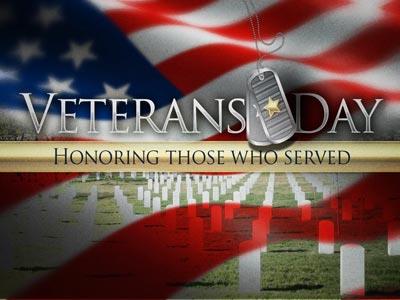-
We're Going To Need Something A Little Stronger
Contributed by Ian Harris on Aug 24, 2024 (message contributor)
Summary: We have been given what we need to fend off the forces of the Devil. However, the things we need to fend off the forces of the enemy aren’t formed under our own power or innate abilities.
10 Finally, be strong in the Lord and in the strength of his power;
11 put on the whole armor of God, so that you may be able to stand against the wiles of the devil,
12 for our struggle is not against blood and flesh but against the rulers, against the authorities, against the cosmic powers of this present[b] darkness, against the spiritual forces of evil in the heavenly places.
13 Therefore take up the whole armor of God, so that you may be able to withstand on the evil day and, having prevailed against everything, to stand firm.
14 Stand, therefore, and belt your waist with truth and put on the breastplate of righteousness
15 and lace up your sandals in preparation for the gospel of peace.
16 With all of these, take the shield of faith, with which you will be able to quench all the flaming arrows of the evil one.
17 Take the helmet of salvation and the sword of the Spirit, which is the word of God.
18 Pray in the Spirit at all times in every prayer and supplication. To that end, keep alert and always persevere in supplication for all the saints.
The Word of God, for the people of God, thanks be to God.
Good morning, beloved,
After reading the sermonic text earlier this week I was reminded of a song. I'm not going to sing it - that isn't something that you'd want - but I will recite some of the words;
You may have heard of it ...
"Onward, Christian soldiers, marching as to war,
With the cross of Jesus going on before!
Christ, the royal Master, leads against the foe;
Forward into battle, see his banner go!"
The refrain reads as;
"Onward, Christian soldiers, marching as to war,
With the cross of Jesus going on before!"
In 1865, Anglican priest (and part time songwriter) Sabine Baring-Gould penned this hymn with themes taken from New Testament scriptures such as;
A. "Share in suffering like a good soldier in Christ Jesus" - 2 Timothy 2:3
B. or today's sermonic text, found in Paul's letter to the church in Ephesus. A text that many of us know as it instructs the reader to put on the "whole armor of God" so that we can defend ourselves against the attacks of the enemy.
The hymn became so popular that it was adopted by the Salvation Army - a denomination founded by a Methodist preacher - as it's go-to processional hymn.
In the 1912 Progressive National Convention - not too dissimilar from this week's Democratic National Convention where we just saw (for the first time) a black woman receive a major party's nomination to be the President of the United States - the song was adopted by the delegates as their anthem. Theodore Roosevelt - who was nominated at this convention - declared that his party was going to "battle for the Lord".
If we were to travel further through history, there was a time in 1941 when Winston Churchill and Franklin Roosevelt met on a battleship to discuss four (4) freedoms.
• the freedom of speech,
• the freedom of worship,
• the freedom of want
• and the freedom from fear
This meeting led to an agreement known as the "Atlantic Charter". After this meeting, they held a worship service.
Why? Because it's good to worship the Lord while assembled together with likeminded brothers and sisters.
This is one of the reasons why we are encouraged by Sunday worship experiences
• The music
• The corporate prayer
• The preached Word of God
• ... sometimes the food after service.
But allow me to get back to this moment in history. Prime Minister Churchill - like any good worship leader - chose the hymns. He selected "Onward, Christian Soldiers" and afterwards jumped onto the radio to explain why he did so;
He said essentially that the fight - as this took place months before the US entered World War 2 - was the only hope of saving the world from measureless degradation.
It was the only way to prevent unquantifiable tragedy
If this war wasn’t fought, then the world wouldn’t be in good shape for their family, friends and future generations.
Churchill said that that fight was necessary because the world was under attack.
When I was younger, I was instructed
• To never start a fight
• Not to go about life being a bully
• But if I were to ever find myself in a fight started by a bully, then I better be sure to finish the fight. "If you come home beat up, it's going to be me and you" is something I heard from my mother after coming home lamenting about an altercation with a bully.

 Sermon Central
Sermon Central



